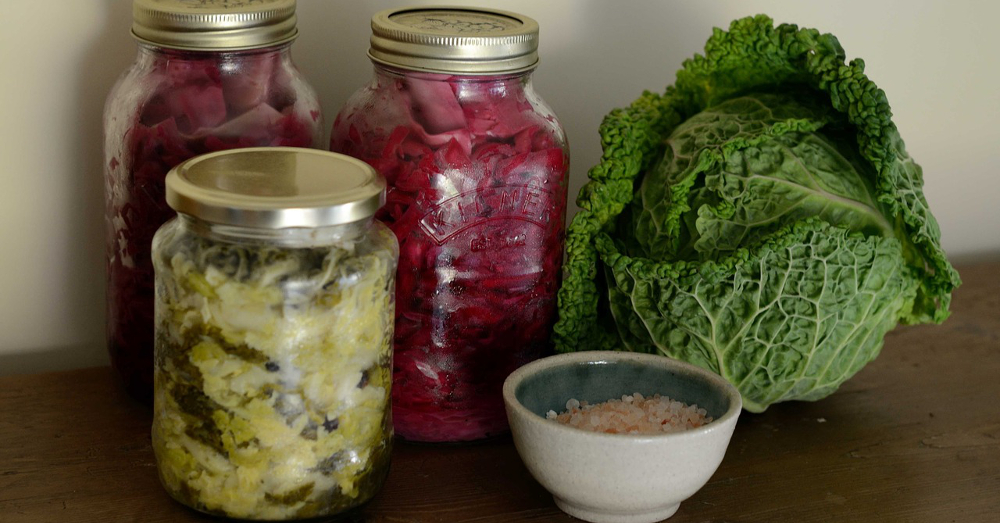
Why We Should All Eat Kimchi and Other Korean Fermented Foods
A recent Fermentation journal study reviews various traditional Korean fermented foods for their biological functions, production, and future contribution to global wellness.
April 1, 2023 | Source: News-Medical.net | by Nidhi Saha, BDS
A recent Fermentation journal study reviews various traditional Korean fermented foods for their biological functions, production, and future contribution to global wellness.
Common Korean fermented foods
Food is fermented by microbial biochemical reactions, during which organic substances are synthesized or decomposed to produce new products, including fatty acids, organic acids, and vitamins. These microorganisms may also act as probiotics, thus further enhancing the health benefits of fermented food.
The most common Korean fermented food products include kimchi, jang, jeotgal, and vinegar. Kimchi, for example, which is considered Korea’s signatory fermented food, was historically prepared using various vegetables, including cabbage, sweet potatoes, eggplant, dropwort, radish, leaf mustard, turnip, and lettuce.
Although soybean is the primary ingredient for jang, it is often accompanied by grains, red peppers, and salt. Comparatively, jeotgal, which is also used to enhance the flavor of food products like jang, is a fermented fish product; shrimps, mollusks, squids, octopuses, and crustaceans can also be used to prepare this product.
